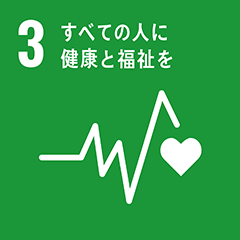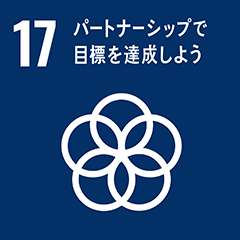Inochi Declaration
Act to create a world where everyone can enjoy fashion—regardless of disability, gender, age, or nationality.
When choosing clothing with designs or functions that suit one’s individual needs, factors such as disability, gender, age, and nationality can become barriers. The Japan Welfare & Medical Fashion Association has worked to overcome these barriers by designing garments that are accessible to all—easy to put on and take off, and stylish for everyone.
Examples include wrap-style skirts designed for individuals with paralysis (bottom’all – Photos A & B), jackets with zippers extending from the wrist to the side of the torso (Photo C), and boots with multiple zippers tailored to wheelchair users (banana boots – Photos D & E). In September 2022, the association held a fashion show featuring only wheelchair users during Paris Fashion Week. This groundbreaking event has since encouraged more wheelchair users to participate in global fashion shows such as New York and Milan, and we are now closer than ever to a society where everyone can enjoy fashion—regardless of physical ability.
Through these activities, the association has also received many heartfelt concerns about clothing. One topic that left a particularly strong impression was the issue of adult “diapers”. A wheelchair-using friend once confessed: “I can’t travel because I don’t want anyone to see me in a diaper.” Another friend spoke tearfully of their mother, who appeared distressed when told to start wearing diapers in a care facility. Issues such as urinary or fecal incontinence are difficult for many to talk about, even with close family or friends. In hearing these silent voices, the association began to feel a sense of responsibility to give them visible form.
In fact, many people around us quietly struggle with excretion-related difficulties. There are women dealing with postpartum urinary incontinence, men suffering due to prostate-related conditions, individuals who’ve lost the sensation of bowel movements due to accidents or illness, and those who can no longer use the toilet independently.
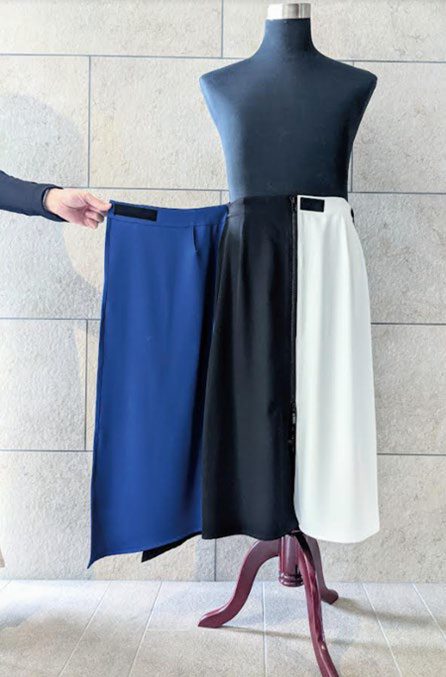
Photo A
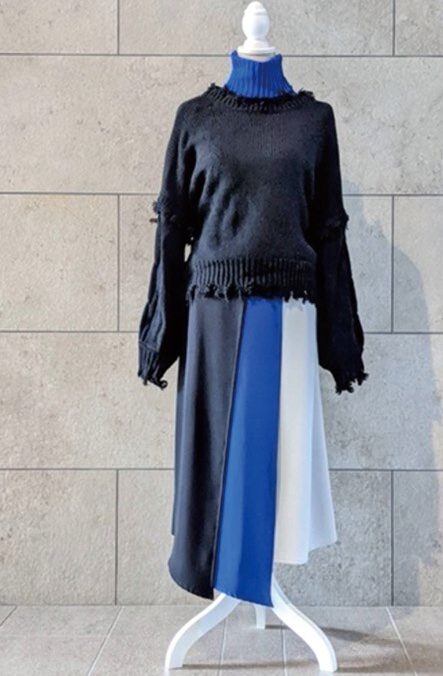
Photo B
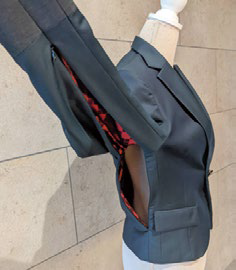
Photo C

Photo D

Photo E
In response, the association has launched the Future O-MUTSU (diaper) Project. Unlike ordinary underwear, which comes in a wide variety of colors and designs that reflect individual preferences and styles, current adult diaper products are largely uniform. Although highly functional, most are plain white disposables, with little attention to design.
As a result, many people have very few options that align with their own tastes, and some lose the freedom to express themselves in their daily lives.
From a welfare, medical, and fashion standpoint, the association is now working to design exciting and uplifting adult diapers. On June 24, 2025, at the EXPO Hall of the Expo 2025 Osaka, Kansai, the association hosted a fashion show titled “O-MU-TSU WORLD EXPO: Future Diaper Collection” with adult diapers as the featured items—sending a message to the world on behalf of those whose voices are rarely heard. Since the Expo, the association has been working to transform perceptions around diapers, catalyze global conversation, and drive meaningful societal change.
The Inochi Forum will also work hand-in-hand with people around the world to build a society where everyone, including those with disabilities or toileting difficulties, can enjoy fashion without shame or limitation.
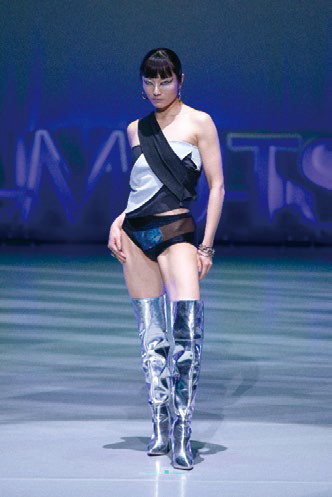
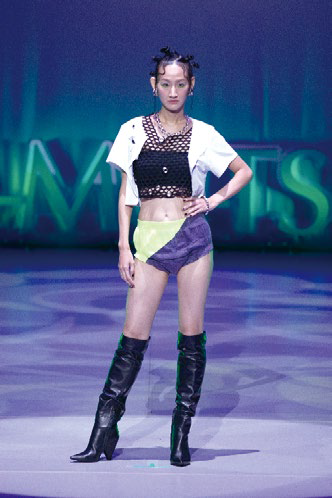

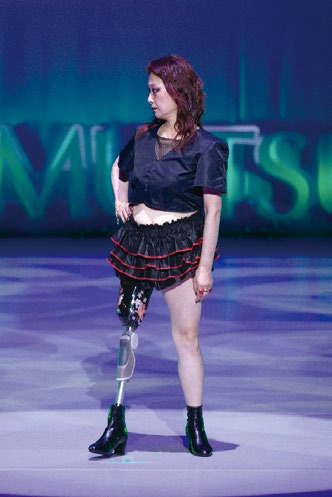
Fashion show at the Expo 2025 Osaka, Kansai Photo: Kohei Oka
[References]
・More than 13 million people in Japan are estimated to experience urinary incontinence (defined as occurring once a week or more).
Source: “Guidelines on Female Lower Urinary Tract Symptoms” (2019)
https://www.urol.or.jp/lib/files/other/guideline/38_woman_lower-urinary_v2.pdf
・More than 5 million people in Japan are estimated to experience fecal incontinence (defined as once a month or more).Source: “Definition and Epidemiology of Fecal Incontinence” by Toshiki Ajimura, Clinical Surgery, Vol. 79(3), 2017
・Prevalence of fecal incontinence:
7.5% for people aged 65+, 4% for people aged 20–64
・Weekly urinary incontinence: 13.24 million people (Men: 4.86 million, Women: 8.38 million)
Urge incontinence: Men 2.02M, Women 3.77M Stress incontinence: Men 0.82M, Women 4.61M
・Daily urinary incontinence: 6.12 million people (Men: 1.68 million, Women: 4.44 million)
Urge incontinence: Men 1.24M, Women 2.19M Stress incontinence: Men 0.44M, Women 2.25M
・Japan Welfare Medical Fashion Association:
https://wel-fashion.jp/about
[Action Platform]
Medical and Welfare
[SDGs]
